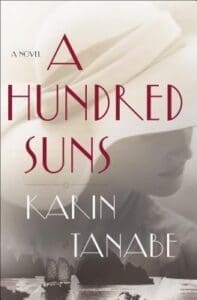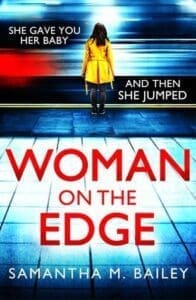The German House by Annette Hess– 336
ARC provided by Harper Via for an honest review.
Book Blurb:
For twenty-four-year-old Eva Bruhns, World War II is a foggy childhood memory. At the war’s end, Frankfurt was a smoldering ruin, severely damaged by the Allied bombings. But that was two decades ago. Now it is 1963, and the city’s streets, once cratered are smooth and paved. Shiny new stores replace scorched rubble. Eager for her wealthy suitor, Jürgen Schoormann, to propose, Eva dreams of starting a new life away from her parents and sister. But Eva’s plans are turned upside down when a fiery investigator, David Miller, hires her as a translator for a war crimes trial.
As she becomes more deeply involved in the Frankfurt Trials, Eva begins to question her family’s silence on the war and her future. Why do her parents refuse to talk about what happened? What are they hiding? Does she really love Jürgen and will she be happy as a housewife? Though it means going against the wishes of her family and her lover, Eva, propelled by her own conscience , joins a team of fiery prosecutors determined to bring the Nazis to justice—a decision that will help change the present and the past of her nation.
My Review: 3.5 stars
The German House was an absorbing and unique story that took place in 1963 during the Frankfurt war crime trials. There were still many Nazi war criminals living normalized lives in European countries. These trials were meant to put several of them on trial so they would hopefully be served sentences that were well overdue.
Eva, our German protagonist, was hired as a translator during the trial. She, like many of her friends, were unaware of the Holocaust and how many German people were complicit under Hitler’s rule. Many red flags were thrown from her family and her horrible boyfriend about getting involved with this type of work. I imagine the average reader would be able to surmise why they were so against her being at the trial. Eva, however, couldn’t see the forest through the trees.
There was a lot of meat to this book, yet it often wavered from compelling to confusing. I’m wondering if this issue was due to the translation from German to English. I’m love to talk to a German reader who read it in both German and English and share their comparisons.
For those who love WWII fiction, I’d definitely add this to your reading list due its intriquing perspective.



















